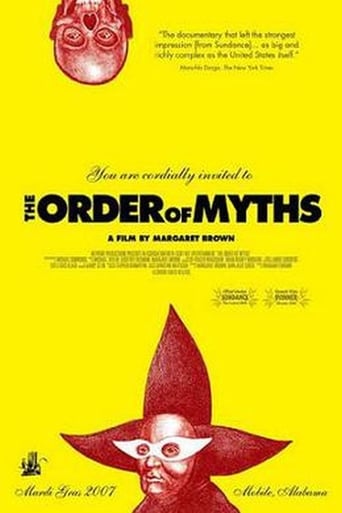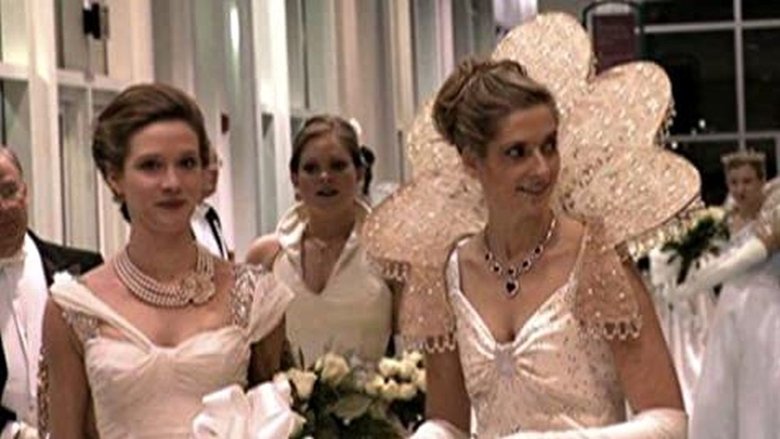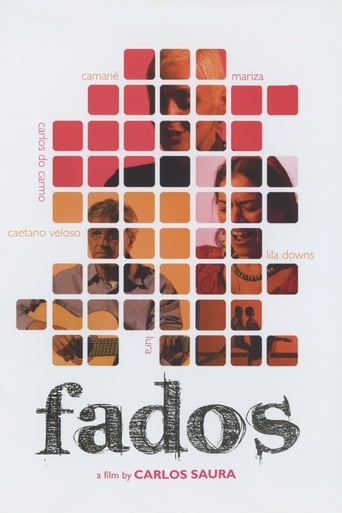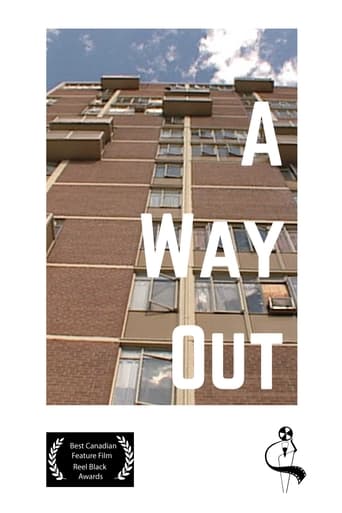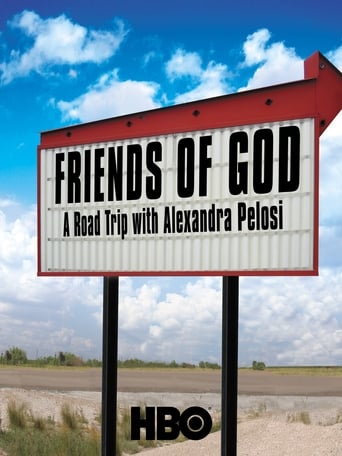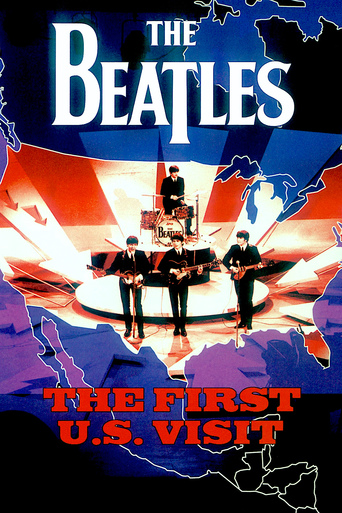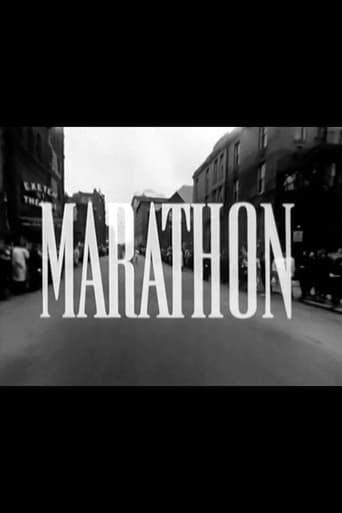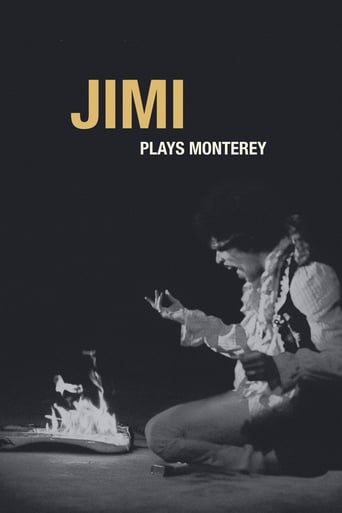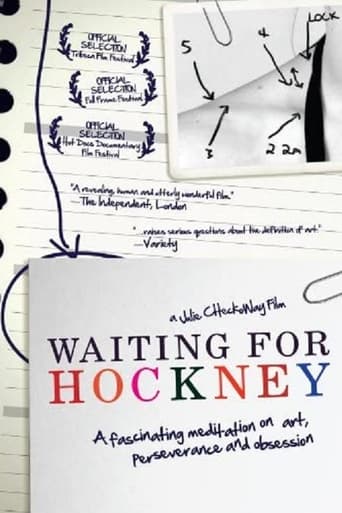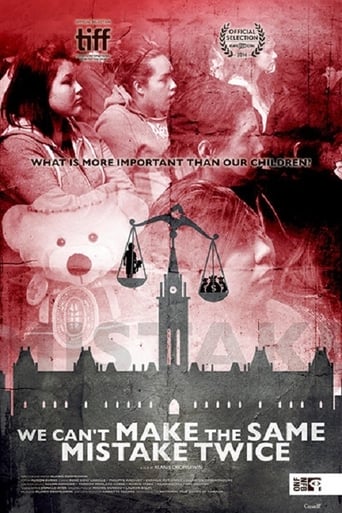The Order of Myths (2008)
In 2007 Mobile, Alabama, Mardi Gras is celebrated... and complicated. Following a cast of characters, parades, and parties across an enduring color line, we see that beneath the surface of pageantry lies something else altogether.
Watch Trailer
Free Trial Channels
Cast


Similar titles
Reviews
Let's be realistic.
Amazing worth wacthing. So good. Biased but well made with many good points.
It's a movie as timely as it is provocative and amazingly, for much of its running time, it is weirdly funny.
Great movie. Not sure what people expected but I found it highly entertaining.
Thoughtful and quietly disturbing as opposed to having the more open rage of most documentaries dealing with modern racism. In Mobile Alabama, 2007, there are still two Mardi Gras celebration, one white, one black. The weirdly uncomfortable anachronism of two 'separate but equal' parades and balls is defended (primarily by the whites) as preserving history, and as not racist, but somehow more inclusive. And it does seem like both sides of the color line are in no rush to lose their own celebration for fear of being swallowed by the other. This is a far more subtle and complex study of the nature of race relations in America than we usually get to see. It's clear that one day the wall will come down. We see the King and Queen of the black Mardi Gras visit the white celebration, and vice versa -- marking tentative and deeply awkward steps to the time when a future generation will marvel that there ever were two Mardi Gras. But for now we also see how deeply race has split and wounded the town, so that it's almost as though two worlds exist in different dimensions in one space, occasionally seeing each others ghosts as they float by each other.
I had no idea that Mobile, Alabama had the oldest Mardi Gras celebration in the nation. Well before New Orleans was even founded, Mobile was already doing their best to live it up before Lent. And, while it's not as big as the one in New Orleans, it is a big to-do--with incredibly lavish costumes, floats and pageantry. However, it also is a giant anachronism--with TWO celebrations--one that is all-black and one that is all-white! In the 21st century, this seems very weird--and highly reminiscent of the recent film "The Help"! In many ways, it's a self-imposed continuation of the old 'separate but equal' notion.This film is in some ways quite sad. Seeing the two events being so distinctly separate is a sad reminder that you can't legislate decency--and a lot of folks STILL are hanging on to their racist roots. However, and this came late in the show, there are FINALLY some signs that this situation is changing a bit. See the film and see what I mean. The show is quite good and I like how they simply let everyone talk without commentary--to let the viewer see it and draw their own conclusions. Well worth seeing and I hope folks outside the USA understand that this is NOT indicative of country--just one small backward portion that is finally starting to move into the 21st century.By the way, throughout the film many people talk about tradition and reconnecting with their history yet NEVER mention slavery. It's obviously the elephant sitting in the room.
This film honestly looks at the accepted "segregation" of "America's oldest Mardi Gras celebration." Tradition runs deep in the 307-year-old port city of Mobile, and the residents like it that way.As a native Mobilian who happens to be black, no one could tell me anything different about the differences between the pageantry of the King Felix III's (the white king) court and King Elexis I's (the black king). It's an unspoken truth. However, someone not familiar with Mobile culture, may find this appalling and racist.There were parts of the film that seemed to only speak to the natives of Mobile. For example, "old society" Mobile prides itself in thinking it is more progressive than other southern cities. There are several incidents in the film that indicate this same "myth," such as the white queen declaring her liberal political stance, or the wide acceptance of Mobile's first black mayor, Sam Jones. The filmmaker even seems to carry this myth herself, since she, as a white society member, is sympathetic towards the black society. Her moves, however, are still seen as progressive. In Mobile, racism is something polite society does not discuss, white or black.The film displays so much emphasis on race, that it only occasionally touches on Mobile's true social problem, classism. Several of the white krewe members mention how "closed" the societies are to non-bluebloods, regardless of color. In both societies, you have to be the right kind of black or white person. Although the whites hold on to this idea more than the blacks, krewes are slow to open up to the idea of anyone joining, versus crossing color lines.As a coda, the film opens up to the idea that society in Mobile is slowly, but progressively changing for the better. Both sets of royalty get along fine, based on the love of Mardi Gras and tradition. And in the end, everyone has bons temps.
This is currently a better synopsis of the film: "This film does a credible job of showing how Mardi Gras has progressed, or not progressed, in Mobile, Alabama which is the city where the first US celebrations started in 1703. Much is made of the segregated societies, both black and white, still wanting to keep their groups separate and it gives the wrong idea to a lot of people who have seen it. The Globe and Mail in Canada says: "A study of community ritual, pomp and camaraderie, 'The Order of Myths' also gradually unveils the startling connections between the two communities, where the great-grandchildren of slaves and the great-grandchildren of slave owners still live highly segregated lives." This is patently untrue of the city and it's citizens. True, Mardi Gras groups, all but a couple of them, are segregated by race but it is what each society wants for themselves. Freedom of Assembly is a basic tenet of our Constitution and both races, as private organizations, are free to admit whomever they please. Mobile has had a very diverse city and county government for decades and currently has a black mayor, Sam Jones, elected by a wide margin in the last balloting. He is well liked by most everyone in the city as far as I know and will be a shoo-in next time. The movie presents all the parades and balls as just silly merrymaking but with it's emphasis on racial segregation gives the impression of Mobile having separate water fountain, back of the bus, Old Time Southern Democrat forced segregation." - iPhone1954

